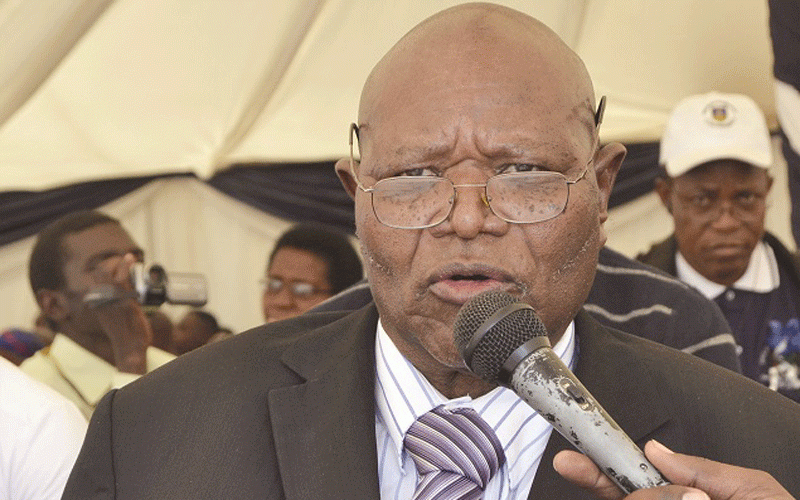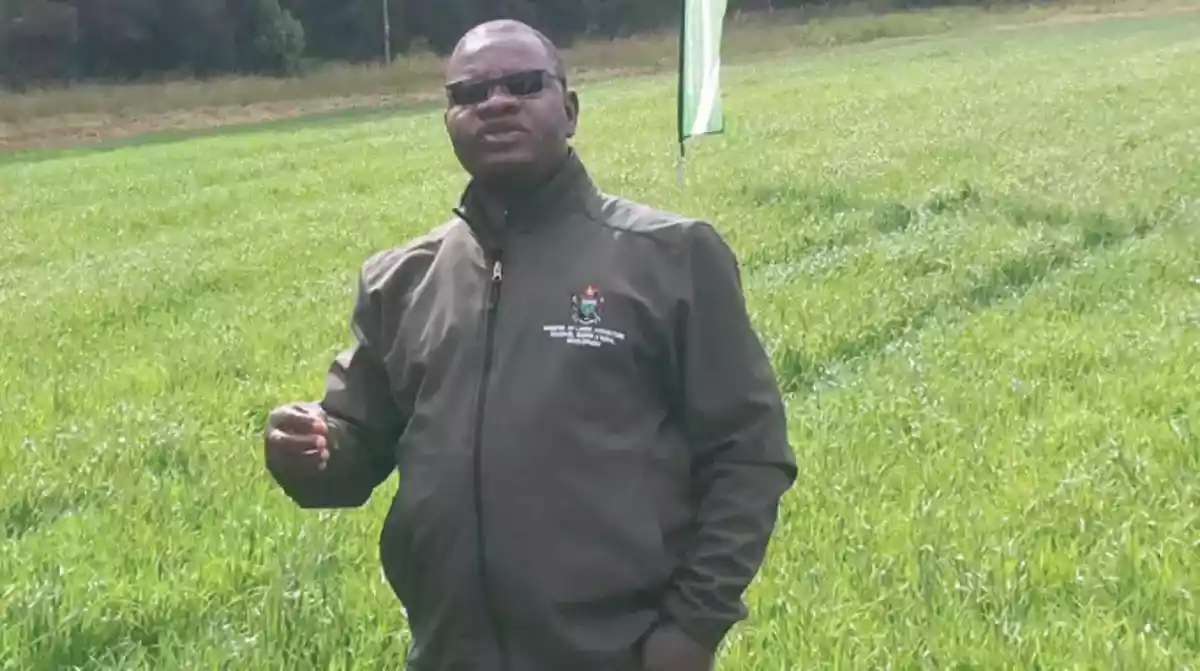
On my own behalf and that of colleagues in the disability movement, I convey my deepest condolences to Mrs Malinga and family on the passing away of an icon, Joshua Malinga.
In 1975, during the peak of Zimbabwe’s liberation struggle, a disability movement, Council for the Welfare of the Disabled, which later changed its name to National Council of Disabled Persons of Zimbabwe (NCDPZ) was founded.
Its first chairman was Albert Mthupha, who when he left for further studies abroad, Malinga took over the chairmanship of NCDPZ.
His first task was the development of a Strategic Plan of Action, with a slogan A Voice of Our Own, whose influence spread to all corners of Zimbabwe.
At independence in 1980, NCDPZ crafted a programme to engage the new government. Malinga was a courageous and fearless disability activist.
I recall in 1983 when then prime minister, the late Robert Mugabe had just addressed a disability consultation meeting at St Giles Rehabilitation Centre in Harare, Malinga invited me and a few colleagues to approach him.
As Mugabe was on his way out, Malinga confronted him and informed him that all that he read in his speech was not being done to the majority of persons with disabilities.
The president immediately invited the then minister responsible for social services, the late Kumbirai Kangai and tasked him to be in contact with us. This was the start of our relationship with the government, leading to various collaborative efforts.
One of the projects we embarked on with the government was the crafting of a disability act, leading to the enactment of the Zimbabwe Disabled Persons Act of 1992.
In 1984, under the leadership of Malinga, we completed the construction of Freedom House in Bulawayo, a social centre on a land that was donated by the City of Bulawayo.
The influence of the NCDPZ had now spread to various countries in Africa and the world over, leading to Malinga to be appointed into continental and international disability bodies.
He rose to become the president of the Disabled Peoples international (DPI) and spearheaded the rise of Disabled Persons Organizations (DPOs) in various countries, especially in Africa, Asia and Latin America.
Many countries visited Zimbabwe to learn from our experiences whilst we also hosted various regional and international conferences on disability rights.
Malinga also served as the chairman of the National Disability Board.
During the constitution making process, he mobilised various teams of disability organisations who went around the country collecting views from the disability constituency and other stakeholders.
The views from the disability sector was that the constitution should make provisions for the election of ten persons with disabilities, for the House of Assembly.
But to Malinga’s disappointment, when the final constitution document came out only two Senate seats were reserved for persons with disabilities.
Political activism
The birth of the NCDPZ was influenced by the ethos of Zimbabwe’s liberation struggle, where persons with disabilities saw themselves as fighting to liberate themselves from societal segregation and discrimination.
Our team, led by Malinga made links with the fighters of the liberation struggle. In order to meet freely with the fighters, every weekend, on Fridays and Saturdays, we organised night musical gigs at the Jairos Jiri Nguboyenja Centre.
Various freedom fighters interacted with us and under disguise, we armed them with techniques to pose as persons with visual impairments, wheelchair, crutch users, among other gadgets.
At independence Malinga became an active member of Zapu.
In later years he was elected as a councillor for ward 2 in Bulawayo, rising to become deputy mayor and later mayor .
Personal level
In 1983 when I moved from Mutare’s Ministry of Education and Culture to take up a full-time administration position at NCDPZ head office, I stayed at Malinga’s house in Richmond for three months. Besides him offering me free accommodation, he also provided me with meals and transport.
During some of the weekends we drove to Francistown, Botswana for shopping.
It was during such trips that we got to know each other well, which made our work at NCDPZ prosper.
The best way to honour Malinga
As we mourn the departure of Malinga, it is time for the disability movement in the country to evaluate itself in relation to the goals that were set at its founding.
Any gaps identified will therefore need to be urgently addressed.
The lack of implementation of the Disabled Persons Act, Disability Policy and the missing representation of persons with disabilities in councils and Parliament are issues that were of great concern to Malinga.
Farewell Joshua Teke Malinga.
- Dr Obadiah Thembani Moyo is the founding member of the National Council of Disabled Persons of Zimbabwe.










